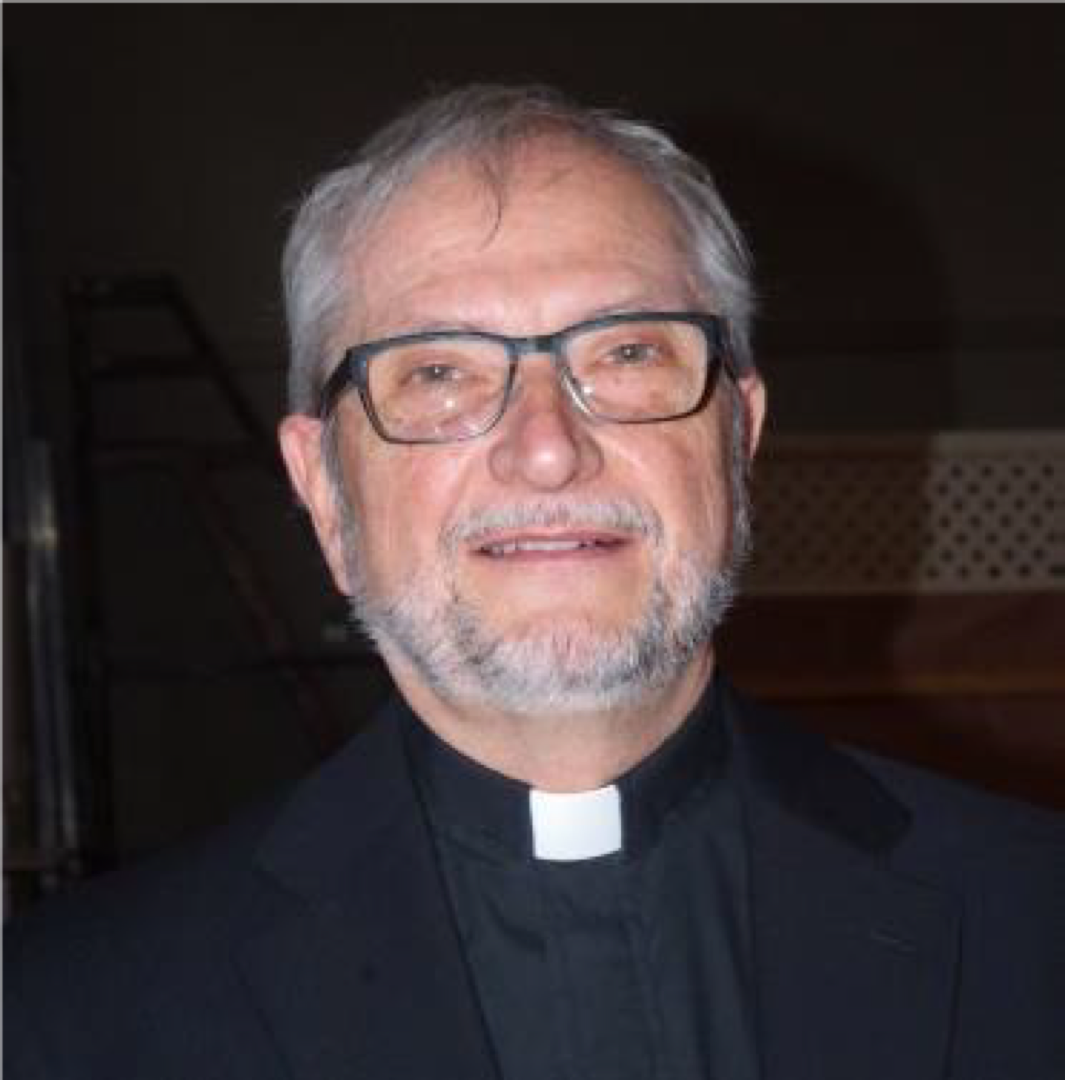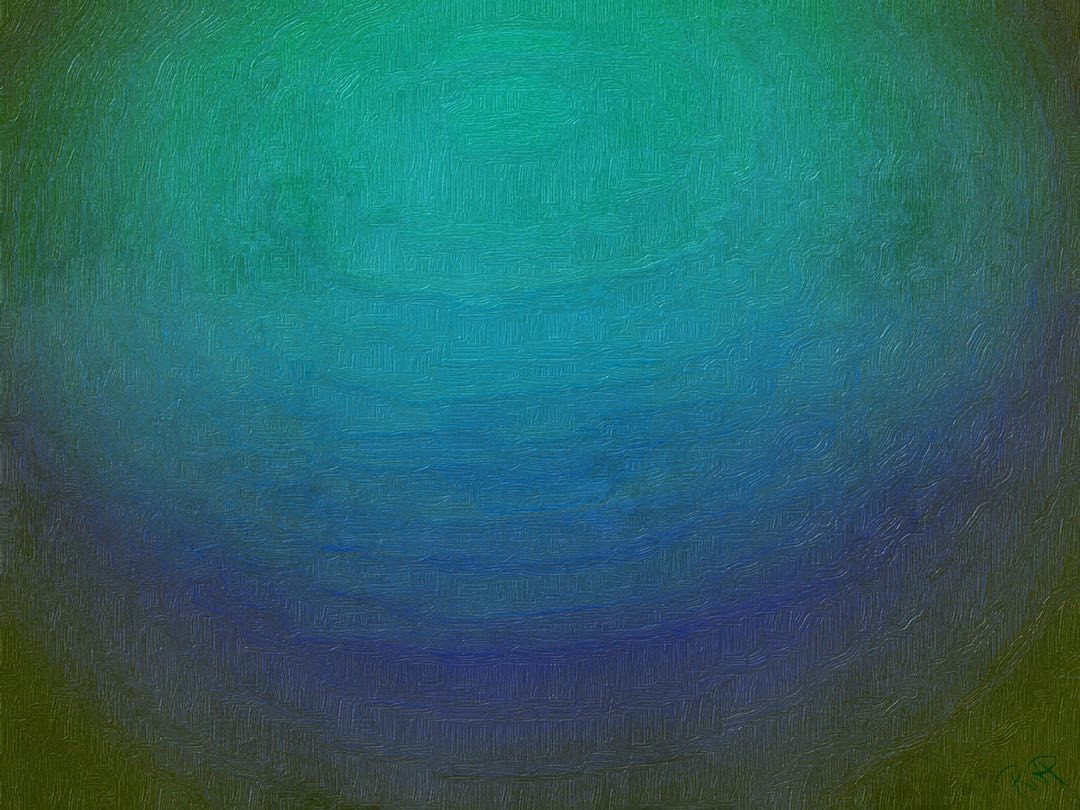Ted Hales
 Anthropocene, a media exhibition at the Ontario Gallery of Art, featured photographer Edward Burtynsky and filmmakers Jennifer Baichwal and Nicholas de Pencier.
Anthropocene, a media exhibition at the Ontario Gallery of Art, featured photographer Edward Burtynsky and filmmakers Jennifer Baichwal and Nicholas de Pencier.
They travelled to every continent documenting irreversible marks of the scale and gravity of human impact on the planet.
Each mural, installation and every bit of information about what human activity has done and is doing to the earth took my breath away.
I was captivated by the earth’s awful beauty abused by mining, oil extraction, fracking and tailings ponds; by urban sprawl; by stripping away ancient-growth forests; by aggressive mining; by the hellish amount of plastic and other refuse polluting water and land.
Massive machinery designed and built to get what we want is on a scale dwarfing all living things; the permanent scars left on the earth stretch for kilometres poisoning land, water and air.
The poorest of the poor work extracting anything with a monetary value from discarded technology and items cast away by those more economically fortunate, endangering their health by exposure to toxic chemicals and by-products.
Mounting debris and pollution is a sad judgement on our over-indulgence and hankering after the newest trend.
A chill went down my spine. I thought: “I am as responsible for what we are doing as are the faceless corporations, powers and systems in control!”
I reached the crossroads where my Christian faith was roused and began to make sense of what I was viewing. I was thankful my faith raised its head and gave direction.
For the believer, faith is essential in all things; it illuminates, instructs and provides the vocabulary and steady anchor in coming to grips with realities.
Is not our troubled relationship with the environment and one another deeply rooted in the desire to have it our way no matter what?
Humankind has tamed diseases, lifted millions from grinding poverty and created products. Technologies make our lives healthier, more comfortable and more fulfilled than our ancestors could ever imagine. But that old quirk of selfish interest is as strong as ever. It continues to damage us and the earth.
As a listener of God’s good news, I can’t rest or retreat to where the gospel speaks only to the life of the soul. The gospel must inform and empower me. Either it speaks directly to these troubled times, or it has no lasting value.
We Christians must speak about what human activity is doing to the environment and people — to seek, encourage and work for good and healthy change so healing can occur.
The church spends too much time talking to itself about itself, rather than proclaiming the gospel with conviction and confidence.
Perhaps we’re unsure what God in Christ has done, what to say, what to do; or we are too embarrassed!
After all, we live in a secular, self-absorbed age and culture, too embarrassed to talk about a living God who is as real as the person next door and as real as the personal and communal problems we choose to face or flee.
Living in an anthropocene epoch — where human activity changes earth’s systems more than all-natural forces combined — then, we must make sense of it through the lens of the gospel.
God’s good news calls for justice and the right ordering of our relationships with the earth, nature, one another and God.
I hope and pray that I will always seek Godʼs grace and guidance in making sense of the world; that I will see the world through the gospel’s call to justice; and will respond with prayer and action; for it is through me and you that Christ Jesus is at work in the world!
The Reverend Ted Hales is Honorary Assistant at St. Barnabas’ St. Catharines.


Preaching as Spiritual Discipline: A Modern Challenge